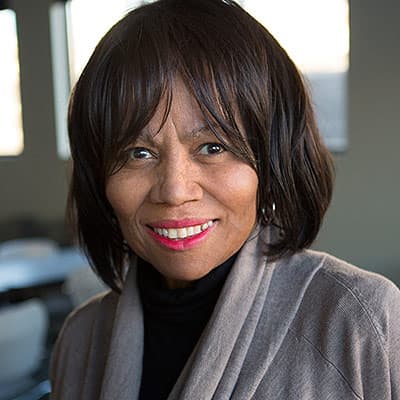Advertisement
Boston City Council Weighs Call For A Partially Elected School Committee
More than 20 years since voters gave the mayor authority to appoint Boston School Committee members there are calls to return some of that power to the public.
City Councilor Frank Baker, of Dorchester, has proposed making three of the seven seats elected positions, and his proposal is the subject of a City Council meeting Thursday.
"I don't feel that the parents in Boston necessarily have a say now," Baker said. "Some of my most astute constituents don't even necessarily know who the people on the school committee are."
That's a sentiment not lost on Boston City Council President Stephen Murphy, who while he has not said whether he supports a change does say "many of us in government are frustrated about the fact that we have calls from parents and people who are vested in the school system that don't feel that they get listened to enough.
"They come here and we have no real ability here at the council to impact anything other than to cut the school department budget," Murphy added.
Dr. Chris Martell, a parent from Dorchester who regularly attends school committee meetings, says he can't believe how many votes are unanimous.
"It seems that there is little discussion or debate or a critical voice in their decisions," Martell said. "As a parent going to some of these meetings, where school closings are happening or school choice or assignment is being brought up, I feel that not only were we kind of barely listened to in those meetings, but then we have no one to go to on the school committee who is accountable to us and tell them we disagree."
However, one longtime observer of city government says the current system is a major improvement from the days of an elected school board. Sam Tyler, president of the Boston Municipal Research Bureau, a fiscal watchdog group, says the old system was dysfunctional and too political.
"I think since 1992, when it was first transferred from elected committee to appointed committee, it really made a difference," Tyler said. "Probably one of the most important features is that for the first time there is one person responsible for public education, and that's they mayor."
Advertisement
Councilor Baker says that the school committee needs to be held accountable not just by the mayor and the school department, but by "the people who entrust their children into their system." He stresses that he's not proposing a return to an all-elected committee.
"The petition calls for change in the makeup of the current school committee from seven appointed spots to four appointed spots and three elected spots," he said.
It's an intriguing idea for some, including City Councilor John Connolly, who is basing his mayoral campaign on school reform.
"Parents especially, but all Bostonians want transparency and accountability from the school department and I think there is a feeling that the fully appointed school committee has become a rubber stamp for the school department and for the mayor and that the transparency and accountability is missing," Connolly said. "So I think Councilor Baker has structured the proposal the right way."
Also in favor of the idea is the president of the Boston Teachers Union, Richard Stutman.
"We have for a long time supported a return to a democratically elected Boston School Committee," Stutman said. "The Baker proposal splits everything in the middle. It is a reasonable approach to take with four appointed and three elected. I don't think it's reasonable to say that one person should appoint all members of a board that is supposed to be representative of the entire city. It's too dependent on the whim of one person."
But that one person — Mayor Thomas Menino — says an elected school committee is the wrong way to go.
"It doesn't work. It politicizes the school committee because if you're running for office as a school member you have to raise money. Who will give you money? Special interest groups?" Menino said. "Long as I'm mayor, I'm for an appointed school board. It works. In big cities like Boston it works because it takes all the politics out of schools."
Menino's opinion matters: this is a home-rule petition. Even if it wins the approval of the Boston City Council, it can't be forwarded to state lawmakers without Menino's approval.
Councilor Baker concedes it's an uphill journey, and as for those who say the change would make the system too political, Baker says "it's political now. Everything in Boston is political."
Baker says people are looking for a change and at least he's starting a conversation.
This program aired on February 28, 2013.
